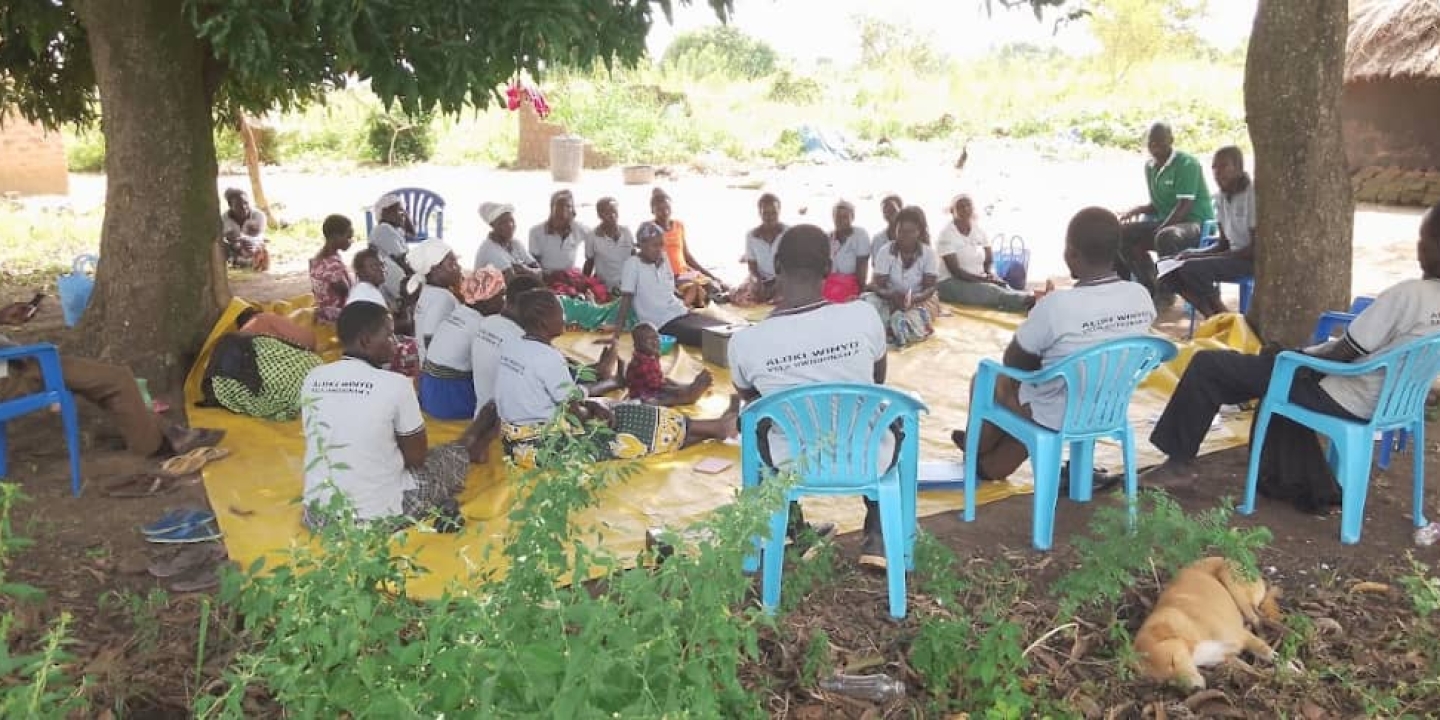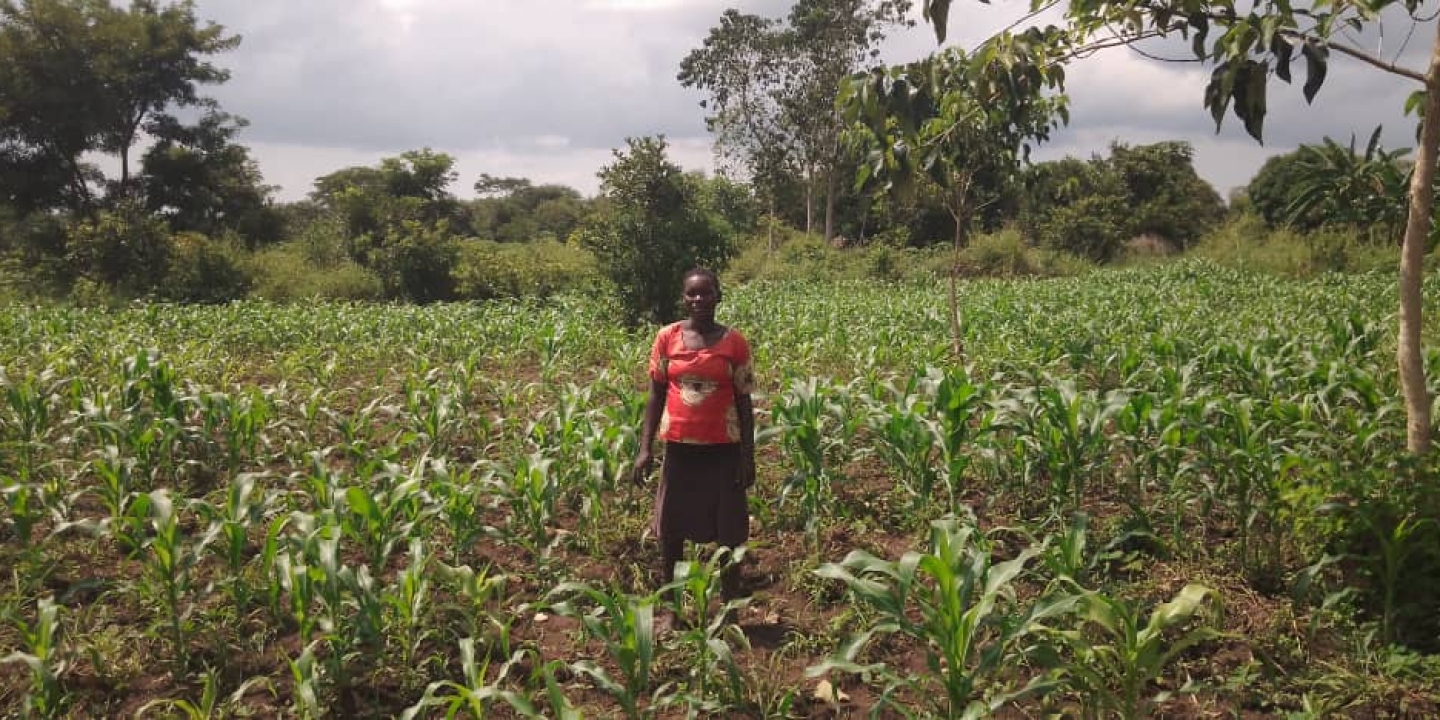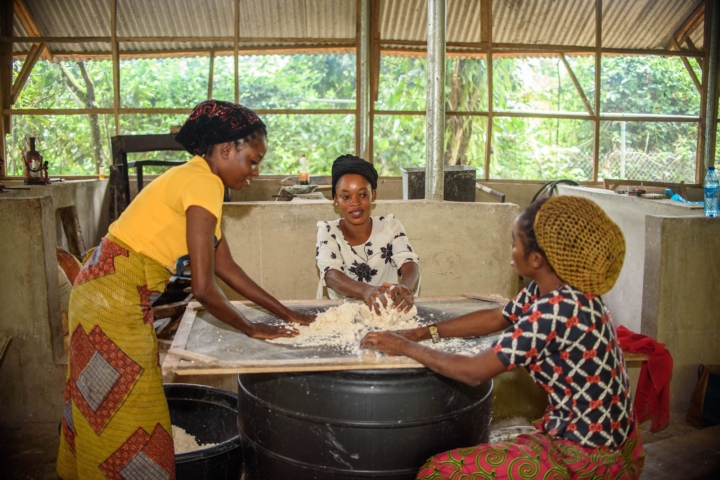Agriboom: Empowering farmers
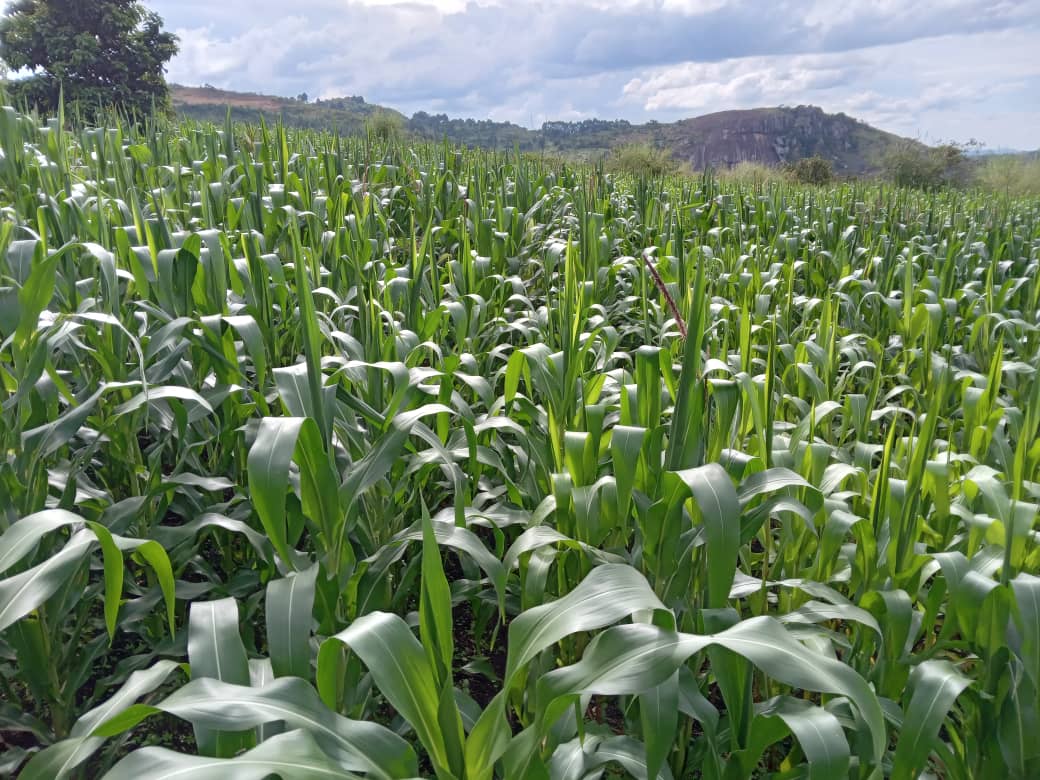
/ Akello Agnes, a farmer from Paico Village, Gulu District
-
TYPE OF GRANT:
Laboratory -
FUNDING PERIOD:
2023-2024 -
GEOGRAPHIC FOCUS:
Gulu District, Uganda
Problem
Most of the world’s poorest people are smallholder farmers. In rural sub-Saharan Africa, 75% of those living on $1 a day work in agriculture. Increasing agricultural productivity is crucial not only for reducing hunger and improving the economic situation of smallholder farmers but also for limiting the loss of natural habitats and biodiversity. Half of the world’s habitable land is used for agriculture. Cereal crops yields average 1.7 tons per hectare in Africa, 2.46 in Uganda, 7 in Germany, and 4.15 worldwide. In light of a growing population, this implies a greater need for land unless productivity improves. Since 1980, Africa has more than doubled its agricultural land use with only marginal increases in yields per hectare, whereas South Asia has boosted yields by 133% during the same period without expanding land use.
Solution
Proven interventions exist to enhance agricultural outputs and the economic situation of smallholder farmers. These interventions begin at the input level, such as quality seeds, and cover agricultural practices as well as the post-harvest value chain. Yet, many of these interventions are not universally implemented and fail to reach those who need them most. Therefore, Azurit Foundation teamed up with D-Prize to support locally-led, high-impact organisations at a very early stage (pre-seed) that are underfunded but positioned to serve people who otherwise would not be reached. Local stakeholders possess proximity and can foster trust. In the realm of agricultural trainings, research indicates that trust and local knowledge lead to better outcomes compared to a more centralised top-down implementation strategy.
One of the organisations that received funding through D-Prize and the Azurit Foundation is Agriboom, which supports remote smallholder maize farmer in the rural Gulu District of Uganda using a comprehensive approach that combines quality inputs and knowledge transfer. This approach includes trainings focused on environmental stewardship and agricultural techniques, such as micro dosing, strategic spacing, land preparation as well as post-harvest handling. They also plan to support farmers through Agriboom’s market facilitation program, connecting them to selected marketplaces, wholesalers and retailers. The approach is based on a proven-market based model, in which participating farmers receive loans to purchase quality inputs, which they repay after the harvest. The goal is to empower farmers to make informed decisions that amplify productivity and income.
Since Agriboom is very early-stage they don’t yet have data on an outcomes level.
-
120farmers trained during pilot
-
72.5%of Uganda’s population is moderately or severely food insecure
-
673 USDis the average annual income of small-scale food producers in Uganda
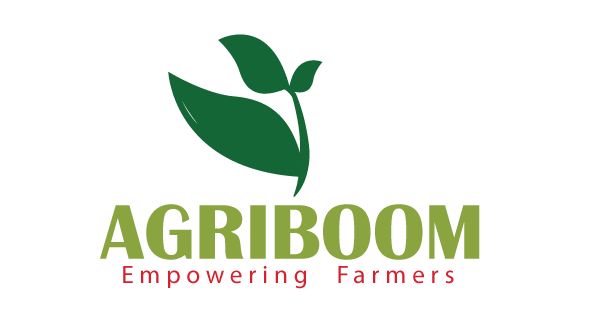
About the organization
Agriboom was set up in 2023 by Johnson Tumwesige and Emmanuel Dusabimana, both from Gulu in Northern Uganda. During their studies at Gulu University they worked with local farmers and experienced first-hand the challenges these smallholder farmers face, namely lack of access to knowledge, inputs, as well as markets. After graduating from University, they decided to set up their own organisation to take on these challenges. In 2023, Agriboom was selected as one of D-Prize’s winners. Subsequently, they were randomly selected as part of a program in which D-Prize and the Azurit Foundation test different support formats that extend beyond the normal prize money.
